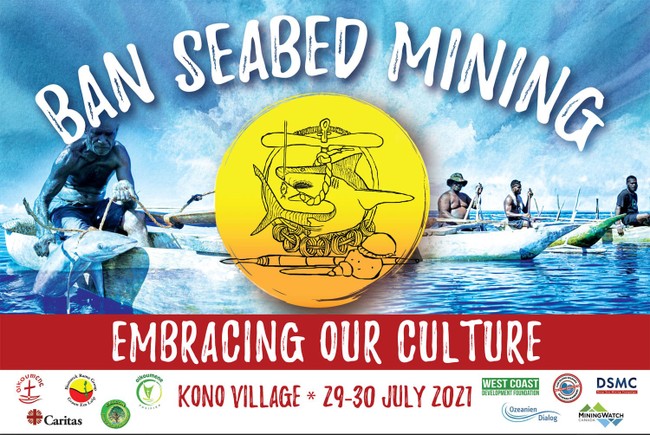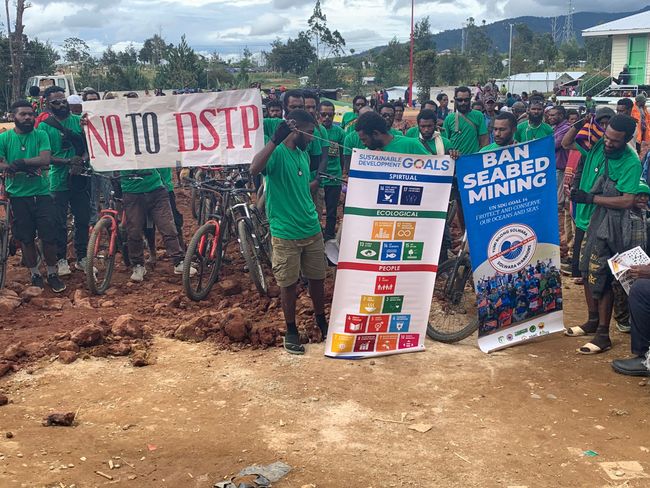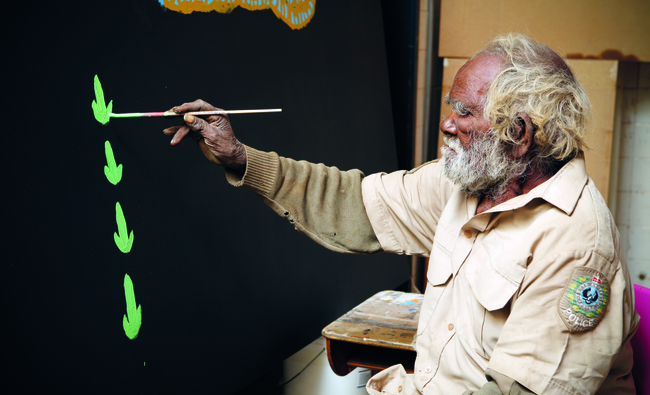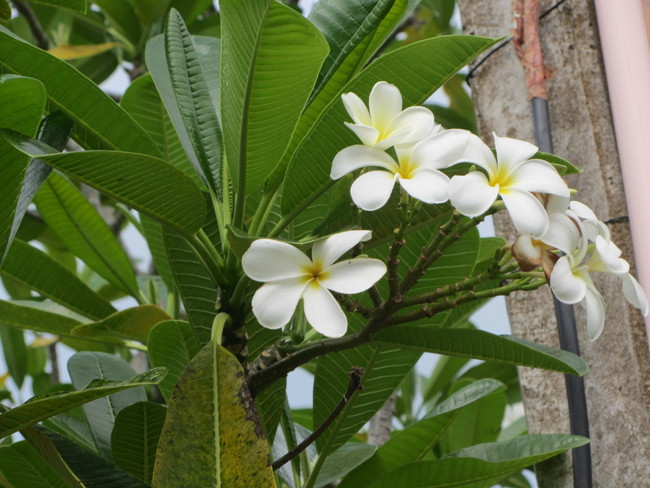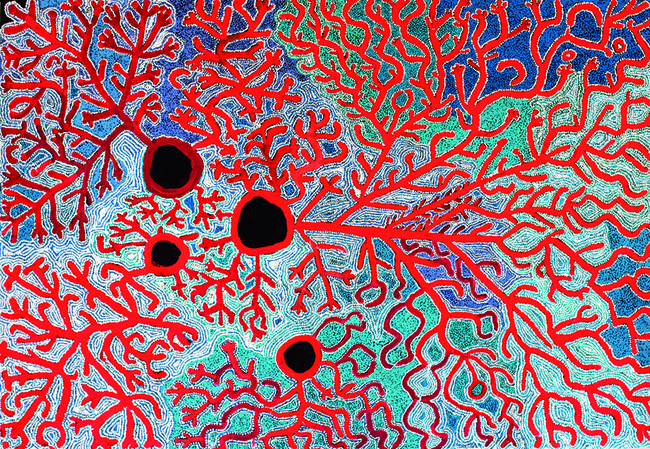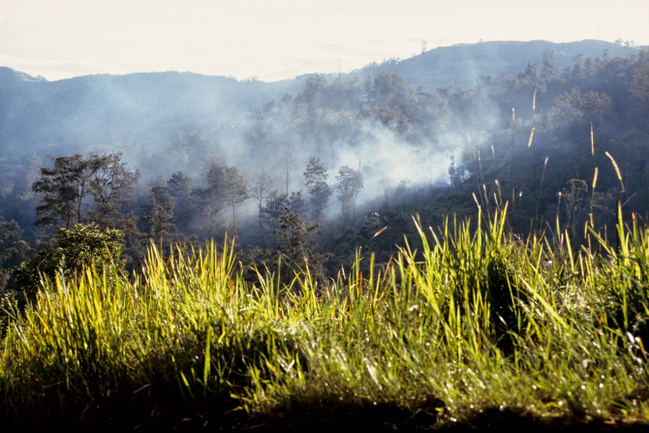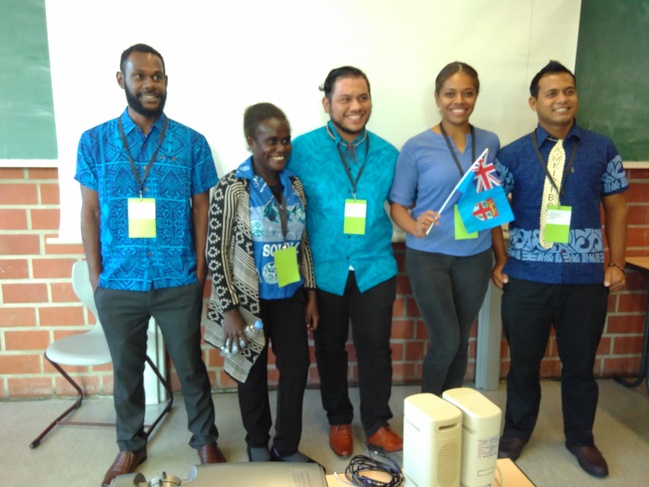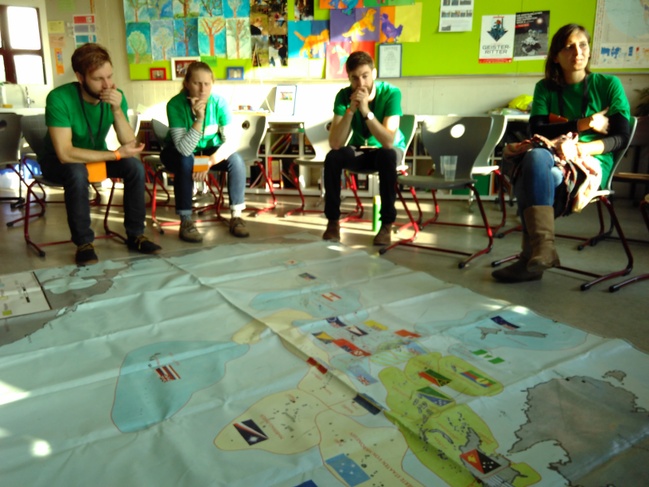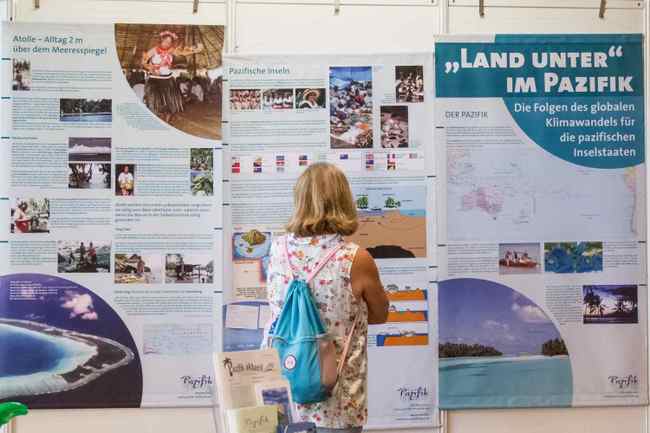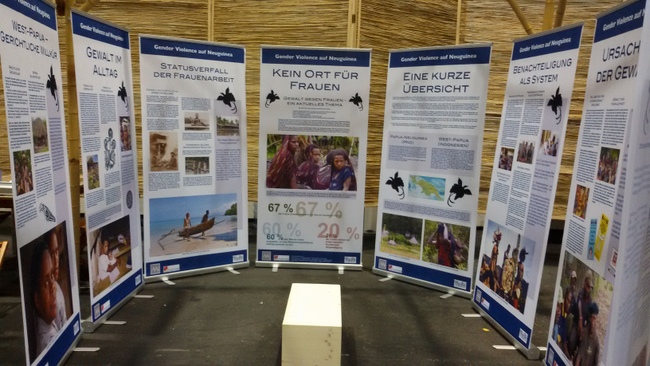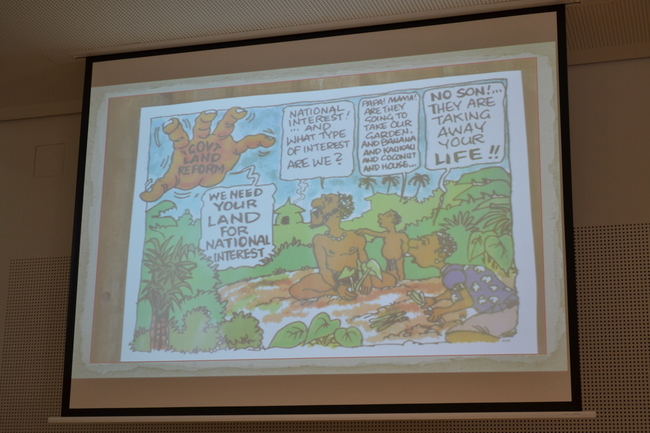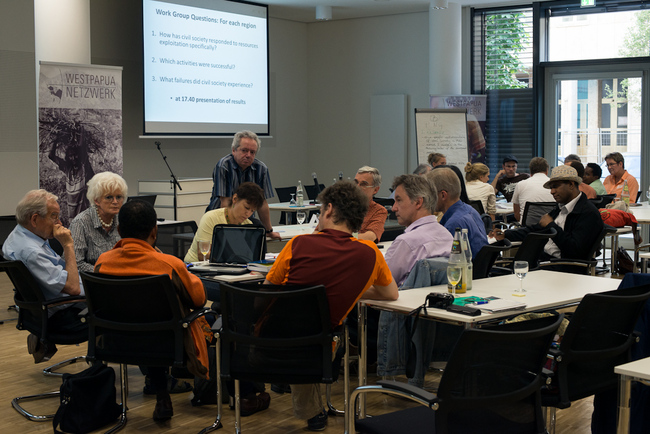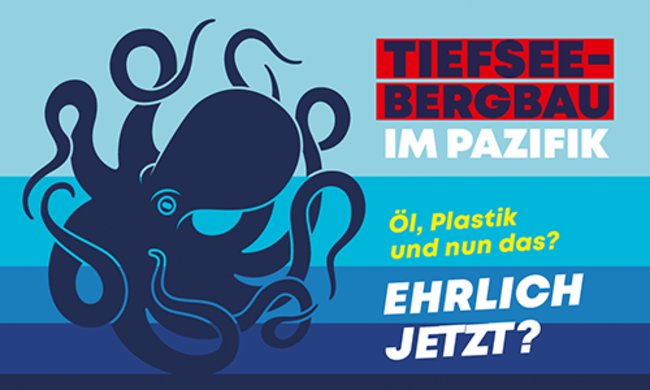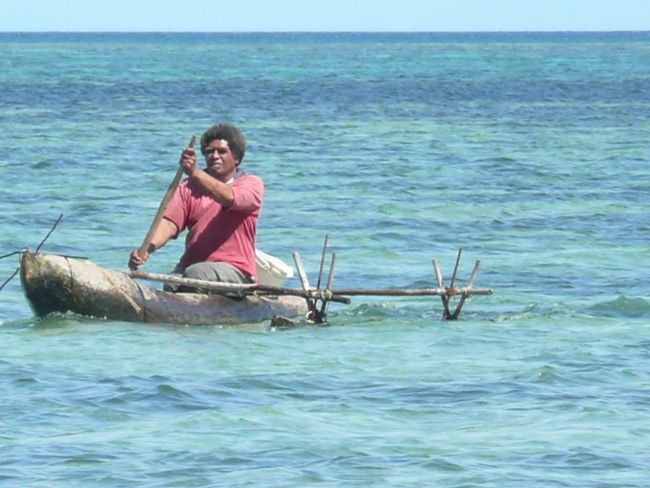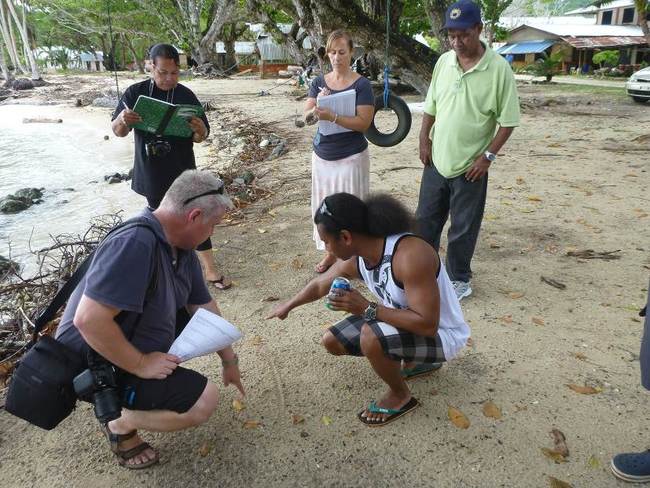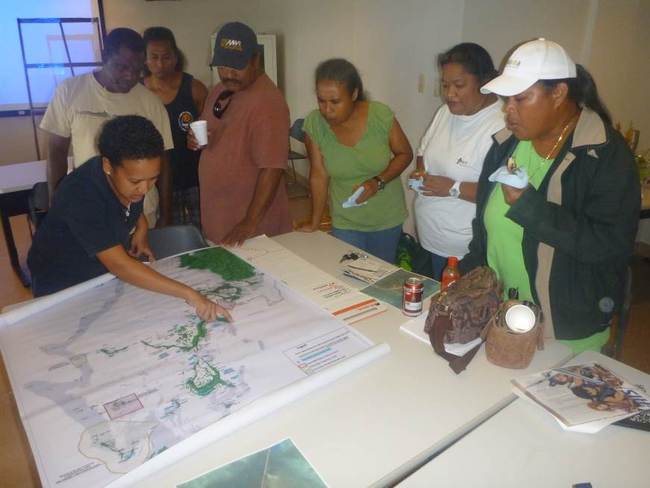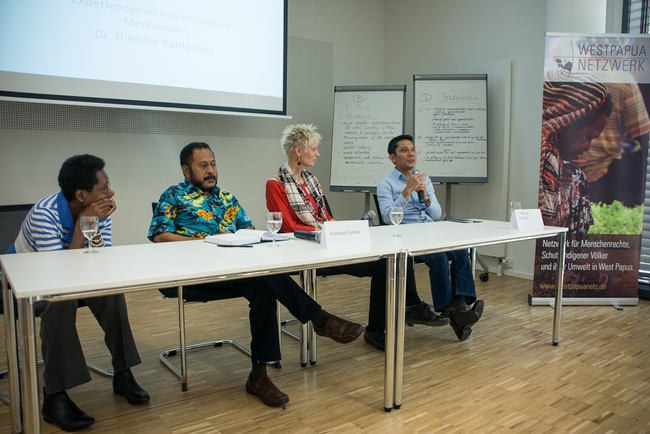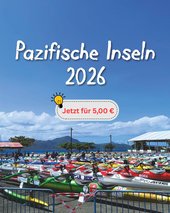Pacific islands’ deadly threat from climate change
05.06.2013: Aufsatz von Phillip Muller, Außenminister der Marshall-Inseln
For almost 70 years, my country, the Marshall Islands, has been fighting for its survival. Unfortunately, the threats we face are the result of forces we cannot control.
From 1946 to 1958, we endured the horror of 67 atmospheric nuclear tests. The most powerful was the “Bravo shot,” equivalent in power to 1,000 Hiroshima bombs. Now our residents are confronted by a different kind of atmospheric danger: the existential threat posed by climate change.
After a prolonged and unseasonable drought that began late last year, the severe lack of drinking water in our northern atolls led my government to declare a disaster area on May 7. This humanitarian crisis is climate-induced. About 6,000 people are affected by severe water shortages and are surviving on less than one liter of water per day. All of the affected communities have lost the staple crops that provide their daily food.
My people are not only thirsty and hungry, they are also getting sick. The drying water wells are contaminated with bacteria and salt. Diarrhea, pink eye, flu and other drought-related diseases are on the rise, particularly among children, and we are on the brink of a much wider outbreak. With no significant rain forecast until at least July, the situation is likely to get worse.
Since January, my government has been working to relieve the crisis by shipping drinking water and basic supplies to the affected communities. Our very limited resources cannot sustain this effort.
We desperately need assistance from abroad. We are grateful for the generous help we have received thus far from the United States, Australia, the Republic of China (Taiwan), India, Israel, Japan, the Asian Development Bank and the New Zealand Red Cross, which have provided financial aid, reverse-osmosis filtration units and other emergency supplies. Two weeks ago, U.N. agencies began providing logistical support and humanitarian experts to assess the situation — but much more needs to be done.
While we struggle to respond to today’s crisis, we know that further crises lie ahead. Climate change has become the No. 1 threat to my country and our people.
This month the world reached a milestone that brings all of us to a new danger zone: an atmospheric carbon dioxide concentration of 400 parts per million. The World Bank predicts that we are on track to a rise of 4 degrees Celsiusin temperatures by the end of this century. This would mean a rise in sea levels of three to seven feet. For the world’s lowest-lying countries, including my own, this is a death sentence. The only answer is urgent global action, a Marshall Plan for a new low-carbon global economy. And we Marshallese believe we have a big role to play.
In early September, we will host the 44th Pacific Islands Forum summit, bringing together leaders from the Pacific islands, Australia and New Zealand, as well as dialogue partners from many of the world’s biggest emitters of greenhouse gases, including the United States, China, the European Union, India, Japan and Canada. In light of then-Secretary of State Hillary Clinton’s welcome visit to last year’s forum, we urge Secretary of State John Kerry and other climate leaders to attend.
The theme of the meetings in Majuro, our capital, is Marshalling the Pacific Response to the Climate Challenge. The gathering comes at an important moment: U.N. Secretary General Ban Ki-moon is planning a global summit on climate change in 2014, and the world has committed to adopting a new global climate treaty the following year.
But in the Pacific, we cannot afford to wait. Sadly, we are learning the terrible realities of living with climate change. My family built a sea wall around our home, but it was destroyed by waves. The rising tides come closer every day.
We are trying to raise the alarm and lead by example. The Republic of the Marshall Islands is accelerating its transition to low-carbon development, using solar power and exploring promising ocean-energy technologies. But our efforts will put only a tiny dent in this problem. The major emitters around the Pacific Rim account for more than 60 percent of global greenhouse gas emissions, and their share is rising. They must do more.
We want September’s forum to set the stage for a new, bolder approach. We will propose a Majuro Declaration for Climate Leadership as a road map for tangible action in an effort to set aside the you-go-first dynamic that has stalled international climate talks. We call on not just governments but also intergovernmental organizations, the private sector and civil society to sign on to our declaration with their own measurable commitments aimed at averting a climate catastrophe.
The world must answer our clarion call. Otherwise, our paradise and many like it will be lost forever.
Quelle: May 30, 2013, The Washington Post
